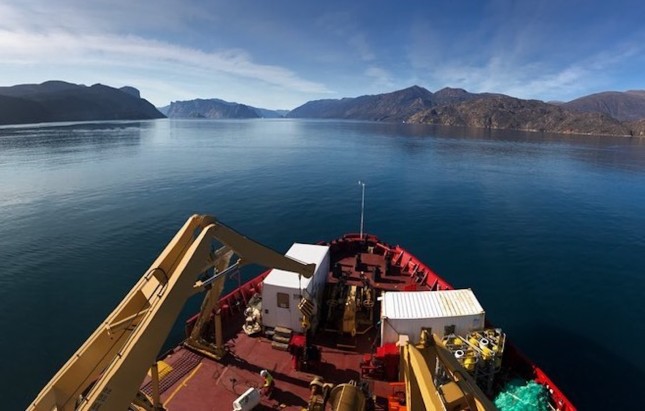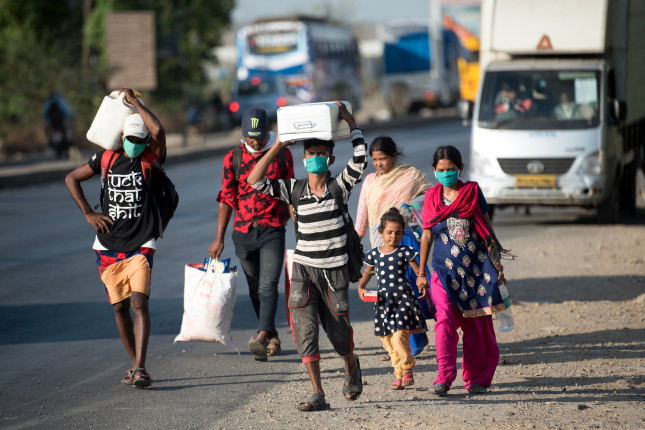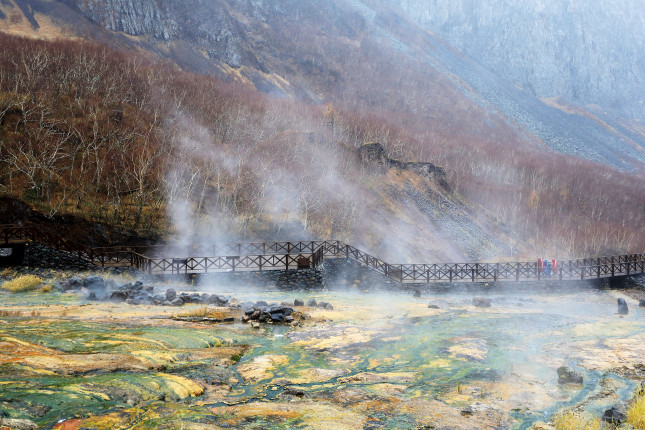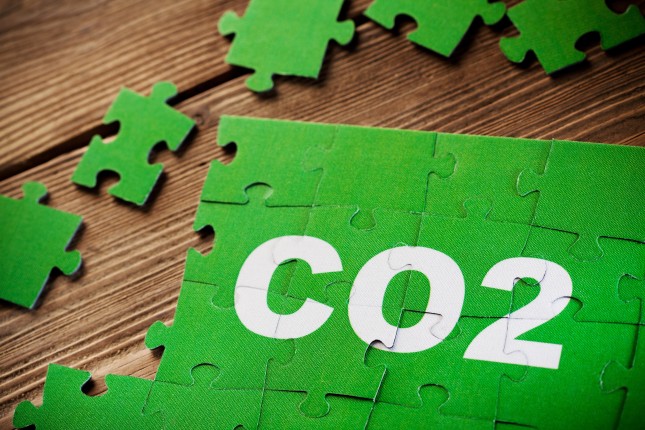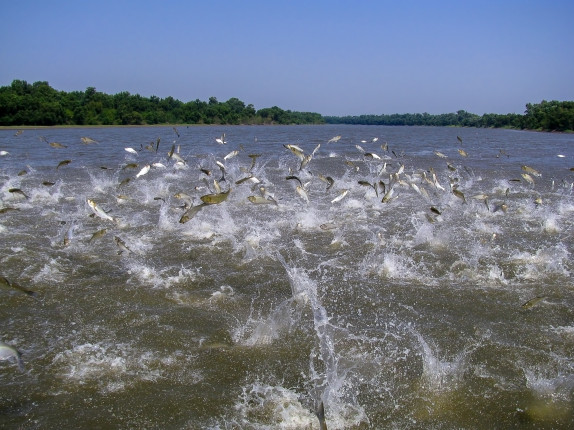-
Blue Jeans Contaminating Blue Oceans: The Expanding Microfiber Footprint of Our Clothes
›The Arctic is believed to be a pristine environment, far removed from littered city streets and toxic industrial emissions. I study human pollution and I found it hard to believe that my fellow researchers and I would find so much litter out here. It was even harder to believe that what we uncovered closely resembled the contents of my own closet, over 3,000 kilometers (2,000 miles) away in Toronto. -
Security Implications of Asia Pacific States’ Restrictions on Internal Migration
›
As the COVID-19 pandemic reached all corners of the world, countries rapidly introduced a series of containment policies to stop its spread, including school and workplace closures, restrictions on gathering size, and limits to population movement. In contrast to complete or partial border closures for foreign nationals, restrictions on population movements within one’s country have received much less attention, despite the fact that most countries introduced restrictions on internal migration during the pandemic in the form of bans on inter- or intra-provincial travel, or partial or complete lockdowns. With over 300 million internal migrants in India and 261 million in China (out of an estimated 760 million internal migrants worldwide), these barriers to mobility are particularly acute in Asia. But are they effective?
-
Today’s Top Global Scenarios Share Similarities and Noteworthy Differences, Including Beijing’s Role
›Guest Contributor // November 9, 2021 // By Steven Gale, Ana Fernandes, Krystel Montpetit & Alanna MarkleThis past March, the U.S. National Intelligence Council (NIC) offered five scenarios for global development in 2040. Two months later, the OECD released three scenarios for the future of global cooperation in 2035. Curious development professionals and others who like to peer into the future are no doubt asking: How does each organization see the future? Are the scenarios similar, different, closely aligned or wildly divergent?
-
Hitting the Brakes on Plastics in China’s Food Delivery Industry: Q&A with Zheng Xue and Sherry Lu of Plastic Free China
›China Environment Forum // Q&A // November 4, 2021 // By Solange Reppas, Mingwei Zhu, Tongxin Zhu & McKenna PotterIn every Chinese city, there is an army of motorcycles and mopeds weaving through the traffic jams, and sometimes even venturing on sidewalks, to deliver millions of food and e-commerce orders each day. Meituan, one of China’s most popular food delivery apps, delivers 30 million orders a day, serving up 100 million plastic containers. According to Greenpeace, e-commerce and express delivery in China generated 9.4 million tons of packaging waste in 2018 and will likely triple to 41.3 million tons by 2025. -
U.S. and Chinese Aquaculture Taps into a Carbon-Free Geothermal Energy Source
›
From Friday night fish fries to shrimp cocktails, people sheltering in place have learned how to cook their favorite dishes at home. As a result U.S. seafood sales have doubled during the pandemic. Globally, the United States ranks fifth in seafood consumption and China—where hunger for seafood has skyrocketed with rising incomes—is number one. While wild fisheries are on the decline, aquaculture is expanding to increase the global food supply.
-
China’s National Emissions Trading Scheme is Just One Piece of the Mitigation Puzzle
›On July 16, 2021, after nearly two decades of research and preparation, China finally opened what is now the world’s largest national emissions trading scheme (ETS). The much anticipated move follows the central government’s ambitious pledge to reach peak CO2 emissions before 2030 and achieve carbon neutrality before 2060. Several Chinese cities and provinces, including Shanghai, have been operating ETS pilots for several years. For Shanghai, the rollout of China’s national ETS bolsters its existing carbon marketplace and complements the multitude of other local and national decarbonization initiatives the city is undertaking. The national scheme is an encouraging step in China’s climate action, but on its own it is not a silver bullet to decarbonize the economy.
-
Decarbonization in the United States and China: Fast and Furious Enough?
›
A “code red for humanity”— that is how UN Secretary General António Guterres described the future climate scenarios laid out in the International Panel on Climate Change’s Sixth Assessment Report. According to the report, CO2 in the atmosphere has reached levels unseen in 2 million years, amplifying floods, droughts, and other environmental catastrophes around the world.
-
China and U.S. Aquaculture Open Doors to Invaders
›“Gui Jie” in Beijing, meaning Ghost Street, is dedicated to crayfish and is filled with towering bright red crayfish statues. While it might just seem like a show for tourists, the Chinese are responsible for 90 percent of the world’s crayfish consumption and crayfish is on menus throughout the country. Between 2006 and 2016, crayfish production more than tripled to 850,000 tons. Surprisingly, crayfish is not native to China but the Chinese began raising them when aquaculture began expanding in the 1980s.
Showing posts from category China.


